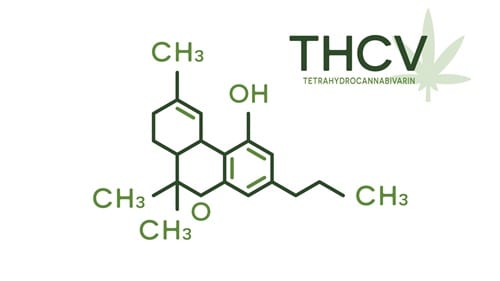Does Delta 8 Stay In Your System Longer Than Delta 9
When discussing cannabis products, Delta 8 and Delta 9 THC are two compounds that often come up. While they have similar chemical structures and produce comparable effects, they differ in potency and how they interact with the body.
A common question among users is whether Delta 8 remains in the system longer than Delta 9. Gaining insight into how these compounds metabolize is important, particularly for those mindful of drug testing or curious about the duration of their effects.

Delta 8 and Delta 9 THC are processed by the body in similar ways. After consumption, both are broken down in the liver into metabolites, specifically THC-COOH, which are stored in fat cells and gradually eliminated through bodily functions like urine and sweat. While Delta 9 is more commonly known and researched, Delta 8’s increasing popularity has sparked curiosity about how it is metabolized.
Delta 9 THC is recognized for delivering a more intense psychoactive effect, which typically sets in quickly and lasts for several hours. In contrast, Delta 8 THC is often considered to produce a gentler, smoother high, making it appealing to those who prefer a more subtle experience. However, the strength of these effects doesn’t necessarily determine how long either compound stays in the body.
The duration that Delta 8 or Delta 9 THC remains in the system varies based on individual factors like metabolism, frequency of use, body fat percentage, and the amount consumed. Since these compounds are stored in fat cells, people with higher body fat may retain THC metabolites longer than those with lower body fat. Frequent use can also lead to a buildup of metabolites, meaning even occasional use could result in detectable levels of THC for an extended period.
There’s speculation that Delta 8 may leave the body faster due to its lower psychoactive potency, but no conclusive evidence supports this. The key difference between Delta 8 and Delta 9 lies in the intensity of their effects, rather than how long they remain in the body. Both compounds can be detected in blood, saliva, and urine for days or even weeks, depending on how often they are used.
When it comes to drug testing, the concern is less about the type of THC consumed and more about the presence of THC metabolites. Most drug tests are designed to detect these metabolites, meaning that whether you’ve used Delta 8 or Delta 9, the test may show a positive result for THC. This makes it essential for individuals subject to drug testing to be cautious when using any THC product, as both forms can lead to detection.
Ultimately, while Delta 8 produces less intense effects than Delta 9, both compounds behave similarly when it comes to how long they linger in the body. The exact duration depends largely on personal factors, but with regular use, either compound can stay in your system for a considerable time. For those worried about drug testing or the duration of effects, understanding how these cannabinoids interact with the body can help in making informed decisions about usage.
The primary distinction between Delta 8 and Delta 9 THC is the intensity of the experience, not how long they remain detectable in your system. Whether you prefer the lighter effects of Delta 8 or the stronger impact of Delta 9, it’s important to be aware that both can stay in your body for an extended period, particularly with frequent use. Being informed about these factors can help manage your intake and provide insight into how long either compound might take to fully clear from your system.






